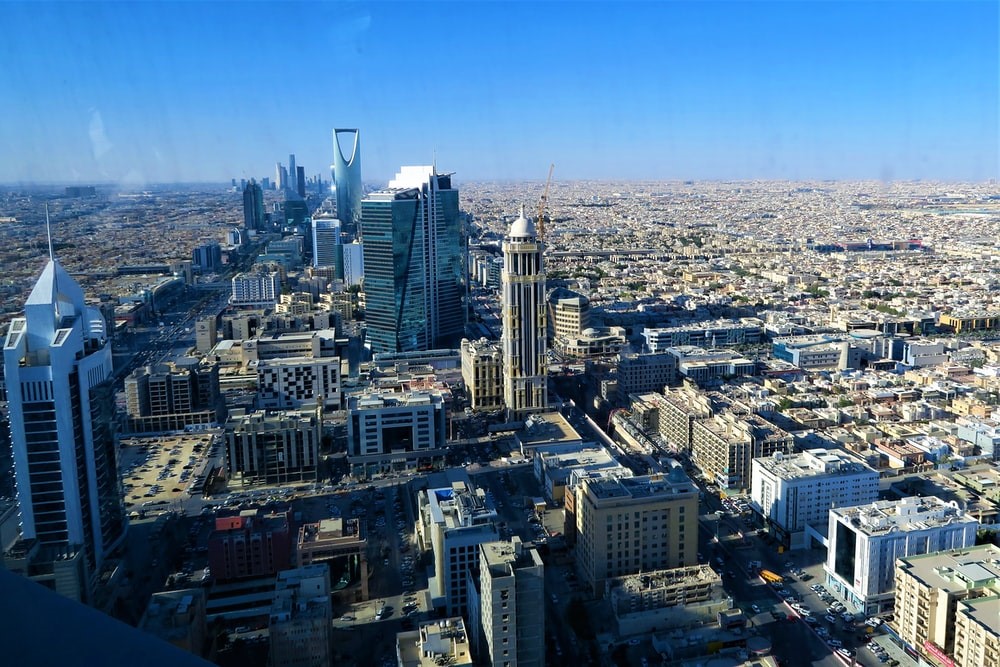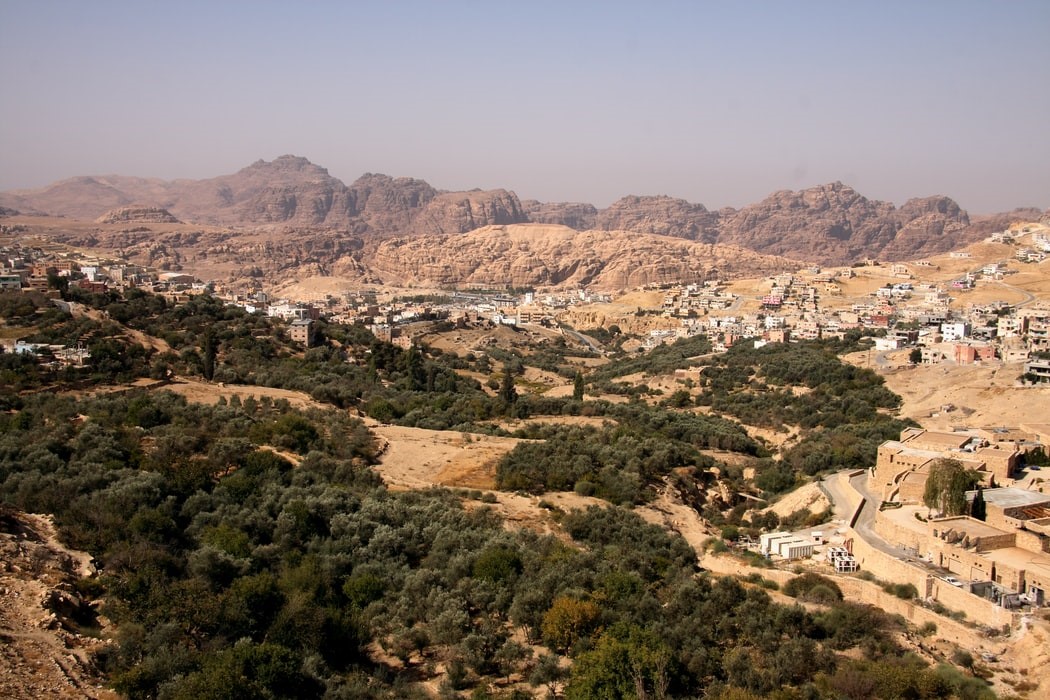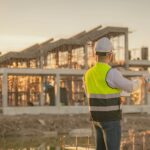A series exploring how adaptive reuse can help owners, buyers and investors stay profitable in the post-COVID property market.
With the widespread reduction in salaries and rental prices as a result of the pandemic, coupled with the lower demand for property, what does the future of real estate look like in the world’s major cities? Previously a lucrative position to be in, now real estate owners are faced with the very real possibility of unoccupied properties and low income prospects.
While some markets are in desperate need of more residential units, others are continuously accumulating them at alarming rates or are accumulating the types of properties that are no longer in demand. How can property owners and developers stay profitable in an oversupplied market, especially with the impact of the global pandemic?
This article series will look into the ways that renovation and adaptive reuse can help real estate owners, investors and developers across all industries to stay profitable, including through uncertain periods in the property market. We will share advice about potential opportunities and how to spot them, and we will tell you about the great examples of adaptive reuse and renovation projects we’ve seen and worked on as well as the outcomes and benefits.
In Dubai, the rate of new builds hitting the market is at an all-time high. Gulf News stated there are 42,109 new properties expected to be completed this year. There are over 157,630 under construction and investors are still increasingly leaning towards off-plan properties. This oversupply threatens prices more and more over time, with them approaching the lowest levels reached at the bottom of the last real estate cycle in 2010. With the current rate of new deliveries, they will likely fall even further. The DLD also confirmed that real estate transactions have dropped by 38.8% between April and June 2020 compared to last year.
Realistically, no matter how many transactions go ahead, there will be a high number of unoccupied buildings as the supply far outweighs the demand. COVID-19 has created even more strain as the UAE’s real estate market depends on expats, but many have been driven away due to salary cuts, redundancies, and downsizing of companies. The current market allows renters who have remained in the city to secure larger or newer properties to upgrade their living standards for the same price or less.
All of this creates a bleak outlook for landlords, developers and real estate owners in the city.
But we aren’t just seeing this in Dubai. The widespread business closures, job losses and salary cuts have shaken up property markets all over the world, particularly in cities.
While residential towers in city centers were previously sought after, we can expect to see this change. Many renters have moved out of their cities due to job losses, and now that more companies encourage remote working, there is far less reason for professionals to stay in city centers where typically rents are higher and properties are smaller. Since the recent lockdown was imposed in many countries, renters and buyers have shown preference for more spacious properties with gardens or terraces, and less interest in apartments with communal areas.
Many payments towards real estate investments have ceased due to lack of income, or through investors leaving to pursue other opportunities or priorities. Developments that are under construction may never have the funding to be completed, leaving unfinished structures left hanging like eerie monuments of this year’s events.
Of course some of these changes may be a temporary consequence, but the world is quickly adapting and we expect to see long-term impacts as we shift into “the new normal."

What is the solution?
To upgrade older or unfinished buildings to make them relevant and interesting for the new market, either by renovating, or repurposing.
While the current market poses difficulties, it also presents real opportunities for developers, investors, and real estate owners to repurpose their assets to suit the new market rather than remain stagnant and unoccupied. The most viable and effective options will depend on the type of property, the location, and the demand.
Renovations
In major cities that are experiencing oversupply, properties require an increased amount of upkeep to maintain occupancy. However, rather than rushing forward to modernize and update buildings, time should be taken to find out what fits the market.
There may be an oversupply for luxury properties, which will render expensive high-end fittings and upgrades pointless when there are brand new properties that are better suited to this market. Maybe there is more demand for short-term rental properties for young professionals, or family-friendly homes.
Renovations will be far more effective when they are tailored to meet the right market and the current demand.
Adaptive re-use
When an existing structure becomes obsolete functionally, by being outdated, or economically, due to lack of demand, it can be repurposed into something more valuable.
Acquiring and repurposing a building costs on average 17% less than constructing a new building, and it is better for the environment. Another benefit is that the required networks such as for roads and water will in most cases already exist to supply the building. It is not only older, less in demand buildings that can be repurposed. Developments that have been abandoned or left unfinished due to ceased payments can be picked up by organizations or other investors who can steer the development of the project to adapt it for a more productive and beneficial outcome.
The global pandemic has highlighted the vital facilities that each country or city could benefit from, which can help when identifying the most valuable options for adaptive re-use in specific locations. The pandemic has also shown us which businesses are more able to thrive in this new environment and therefore which types of clients the demand for commercial property will come from.

Over the years, CCG has worked on a range of innovative renovation and adaptive reuse projects.
Taybet Zaman and Beit Zaman (now known as Hayat Zaman) are ancient villages in Petra that CCG repurposed into tourism resorts. The result is a unique hospitality experience that transports visitors to rural Jordan in the late 19th century. It created jobs for residents who could contribute to the community’s growth and it brings money into the community, while preserving the area’s history and architecture.
Abdali Hospital is a project that CCG worked on alongside AECOM, who as a result won MEP Middle East’s award for 2020 Retrofit Project of the Year. Together we repurposed an unfinished residential and commercial tower that was abandoned due to financial difficulties, into a multidisciplinary medical center.
CCG also renovated a villa for the Netherlands Embassy, which is Jordan’s first building to achieve LEED Silver Certification, and is a case study for green building.
There are many other examples to illustrate the limitless possibilities. The future instalments in this series will provide more of an insight into how renovation and adaptive reuse can help support real estate owners, investors and developers through uncertain periods in the property market. We look forward to telling you more about the great examples we’ve seen and worked on, and to advising you about potential opportunities.
The following article in this series will explore the dramatic changes to the tourism industry and will highlight some of CCG’s tourism and hospitality adaptive reuse projects.
Click here to read the following article in the series.
Ghaith Abujaber is CCG’s Executive Director of Global Business Development and is based in Dubai, UAE. His rich experience includes previous positions at major real estate and tourism companies, as well as work on private and governmental projects. This has given him an excellent insight into how these types of organizations are developing across the region.













